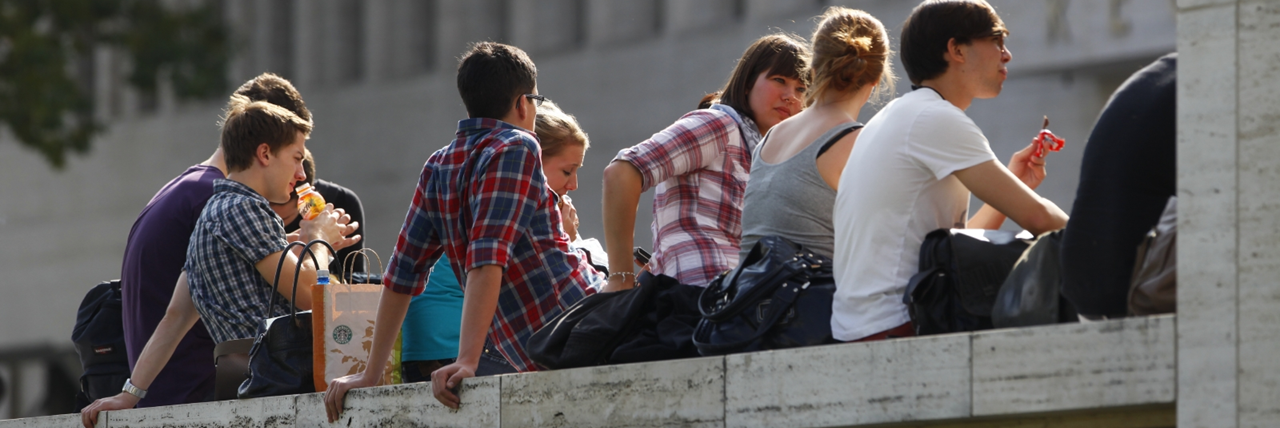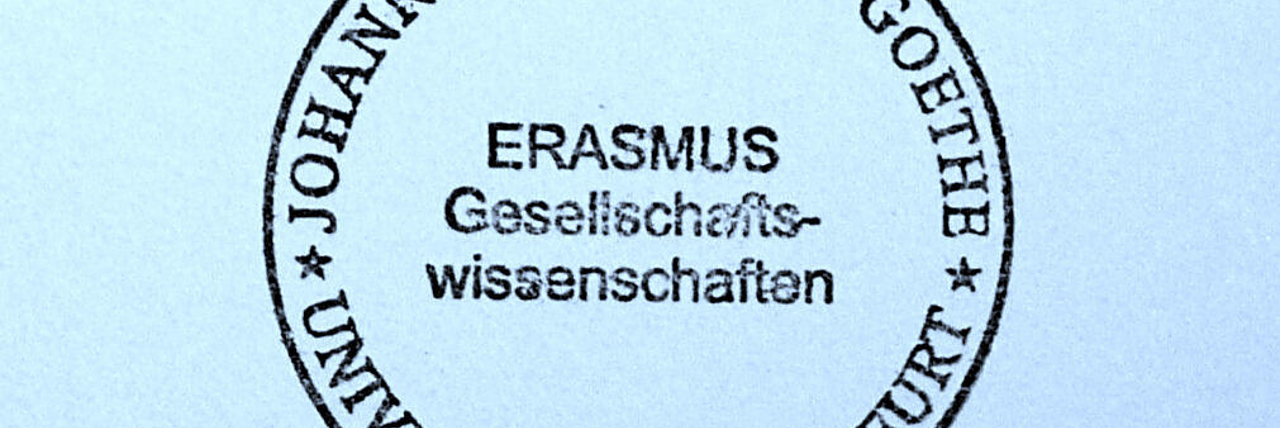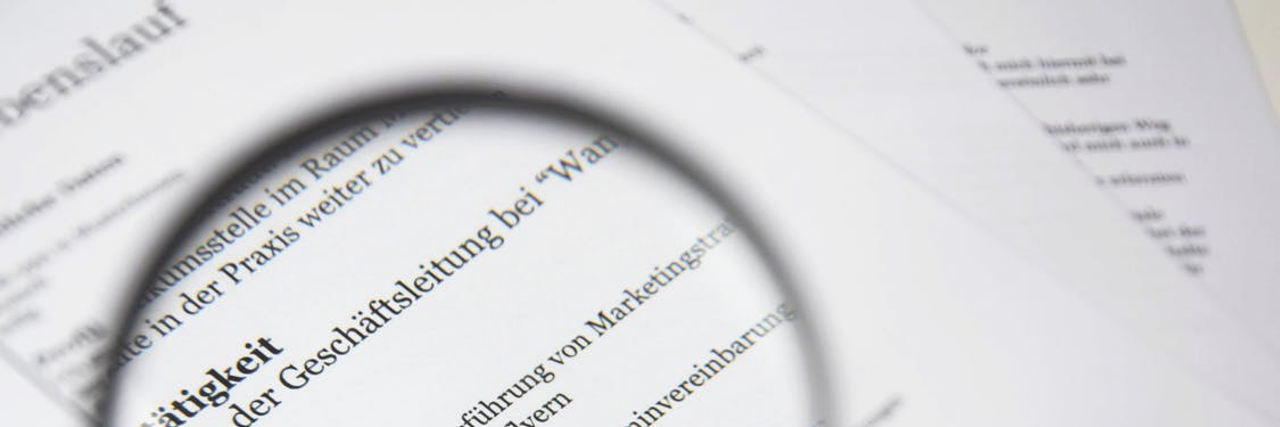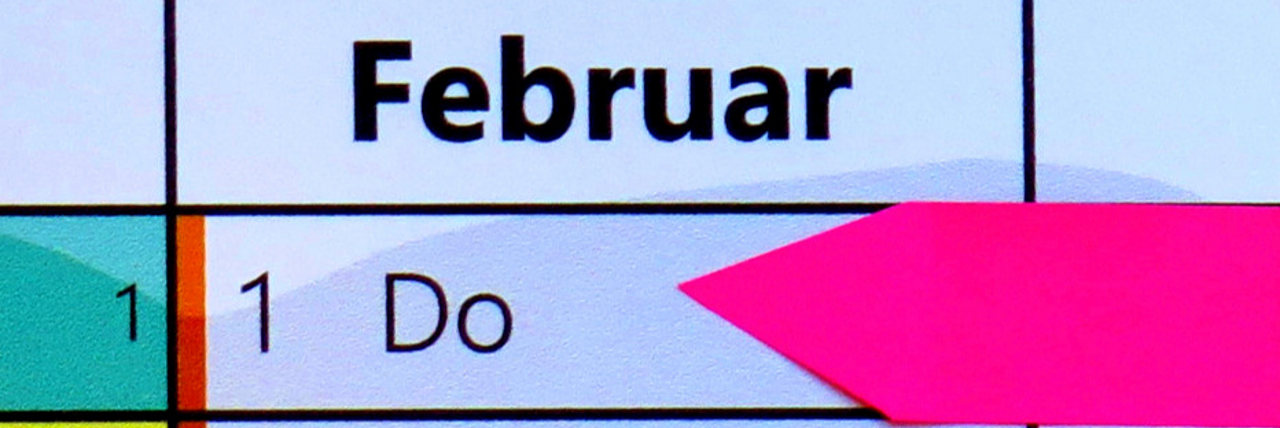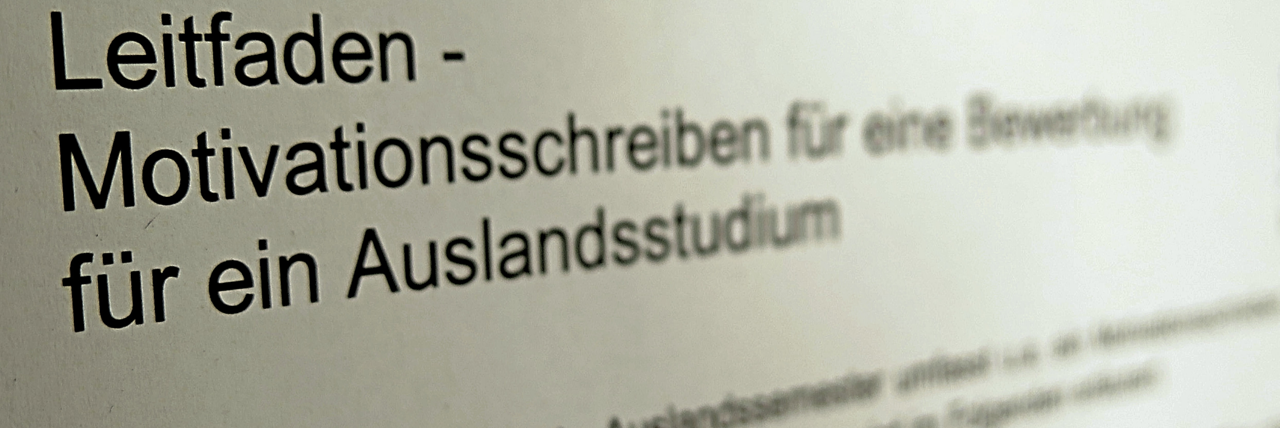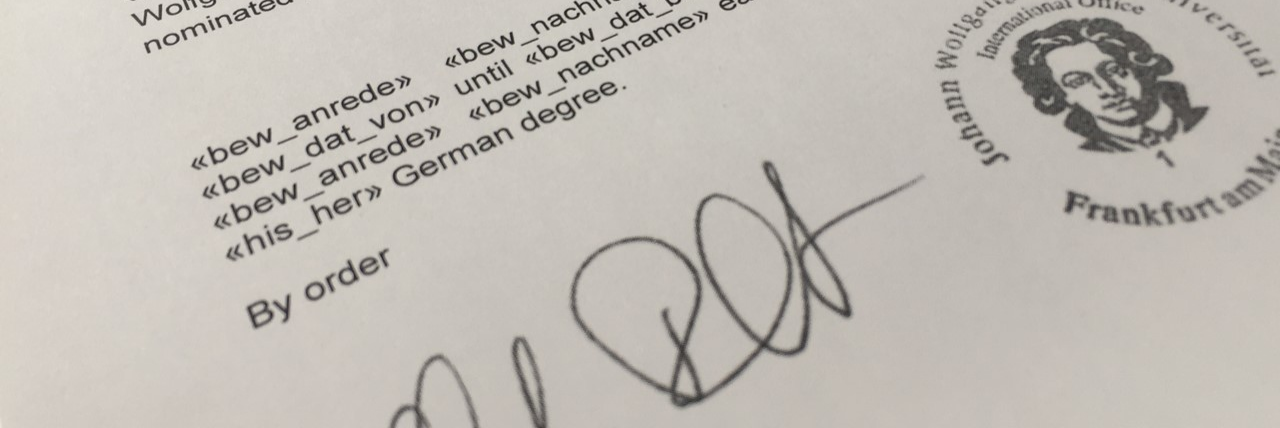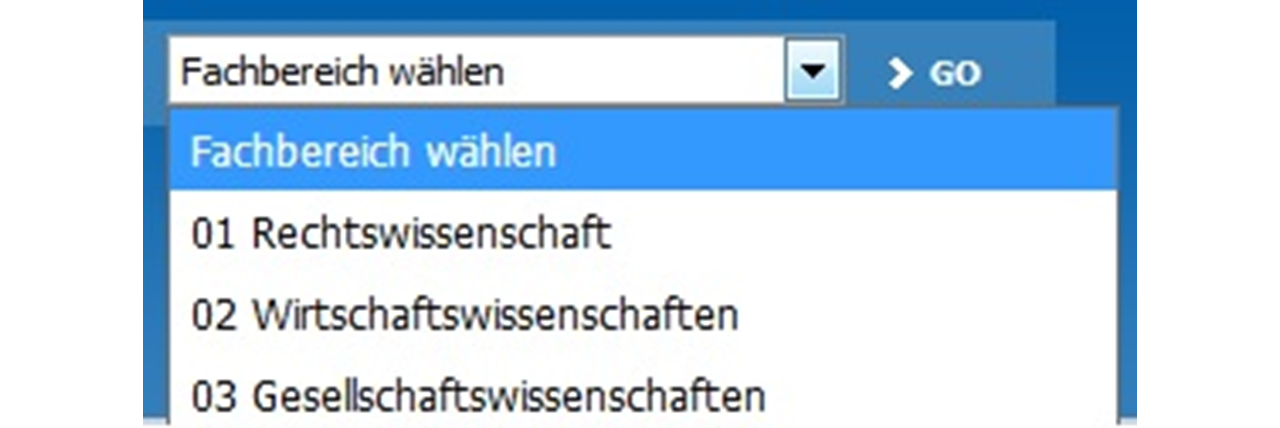Erasmus+ Application at the Faculty 03
Here we inform you about all phases of the Erasmus+ application process at the Faculty of Social Sciences:
What you should find out in advance
Well-informed about Erasmus+
If you are interested in Erasmus+, first find out about our range of partner universities. Make sure that the university of your choice is compatible with your field of study and the time of study (Bachelor / Master) and find out about the university's main topics and language requirements. Make sure that the university of your choice fits the profile of your degree program and your personal goals.
In the experience reports of former Erasmus+ students, you will find numerous personal experiences of your fellow students.
Students of the International Studies / Peace and Conflict Research (ISFK) and Political Theory cooperative courses have the opportunity to apply for an Erasmus+ place at Faculty 02 at TU Darmstadt.
Please note for non-subject applications: Students who are not studying in Faculty 03 as a major or minor can only be considered subordinate.
The application requirements and criteria
What criteria do you need to fulfil?
In order to be awarded an Erasmus+ scholarship at the Faculty 03, you must meet various requirements:
- Regular enrollment at Goethe University and studying at the Faculty 03 (major or minor subject or a teaching degree in the elective course Politics and Economics).
- At least one completed academic year at your home university, usually completed basic studies (for diploma / master's / state examination courses) when starting the stay abroad.
- Citizenship of one of the Erasmus+ participating countries (27 EU countries plus Iceland, Lichtenstein, Norway and Turkey as well as Croatia and Switzerland since the 2011/2012 academic year), or recognition as a refugee/stateless person with a permanent right of residence. Foreign students studying full-time at the Goethe University Frankfurt can also apply for the Erasmus+ program.
- Knowledge of the language of instruction in the host country.
- Repeated participation is also possible. In each phase of study (Bachelor, Master and PhD) a minimum of 3 and a maximum of 12 months of mobility can be funded, overall a total of up to 36 months. Lower priority will be given to students at the Faculty 03 who have already received funding for two stays abroad during their studies.
- Good academic performance. In any case, you should have academic achievements at the time of enrolment at the host university. At some universities (e.g. University of Brimingham - UK BIRMING02) you need to provide a transcript with recorded grades.
- Significant application.
The decision as to which applicants will receive an Erasmus+ scholarship is made according to the following criteria, which differs for B.A. and M.A. students:
- Bachelor: 60 percent letter of motivation (formal correctness / personal motivation / professional motivation, personal goals with regard to career orientation) and 40 percent academic achievements
- Master's: 40 percent letter of motivation (formal correctness / personal motivation / professional motivation, personal goals with regard to career orientation), 40 percent academic achievements and 20 percent curriculum vitae (professional / social commitment)
In addition, with reference to the Erasmus+-Charta additional particularities are taken into account in the selection process in order to promote the participants "who are normally underrepresented in mobility programs (students [...] with disabilities, students from disadvantaged socio-economic backgrounds, with family responsibilities [ ...])".
Please note that application documents that are received late or that are formally incomplete cannot be considered.
Services
What Erasmus+ renders
An Erasmus+ scholarship does not only cover the financing of the stay abroad. The main advantages are:
- Exemption from tuition fees: Participants are exempt from tuition fees at the host university.
- Mobility grant: All participants receive a mobility grant, the amount of which depends on the destination country. More information can be found here.
- Learning Agreement and Recognition: The Learning Agreement is a formalized agreement between the student, the home university and the host university, with which Credit Mobility and its recognition are supported. The final recognition of the study achievements made abroad is carried out by the examination board of your respective degree program. You can find more information on recognition and graduation here.
The application process
How does the application process work?
As there are different numbers of places available at each partner university, you should definitely state three universities of your choice when applying. If you only enter one universities of your choice, this will reduce your chances of participating.
Applications can only be submitted online via the Global Office of Goethe University. On its pages you will find detailed information about the application process as well as precise information about which application documents you will need. All application documents must be submitted in German. An exception is your letter of motivation (see below).
A transcript of records of your completed examinations must be added to the Erasmus+ application. You will receive this certificate either from the examination office or from the certified printout of your transcript of records, which you can download from the QIS. We recommend the proof by the examination office, since it contains your grade point average. The proof by the examination office can be requested via mail. Bachelor students in their first semester submit their Abitur diploma instead; Master students in their first semester submit their Bachelor's diploma or the latest transcript of records of their bachelor's degree program.
Please note some special features of the application to Faculty 03:
- A complete application includes two letters of motivation: one in German and one in the national language of the partner university or in English. These two letters of motivation can - but do not have to - be identical in content. Please insert both letters of motivation one after the other in the PDF document that you upload to the application portal. If you have selected three German-speaking universities, a letter of motivation in German is sufficient.
- If you do not have a proof of language proficiency at the time of application, you can replace it with a declaration stating that you will submit the proof of language proficiency before the start of your mobility. This signed declaration must be accompanied by evidence that clearly shows how you will achieve your language skills up to the start of your mobility. This can e.g. be a receipt confirming the date for a language test or by providing evidence of a language course at the required level that will be completed by the start of your mobility. Please insert the signed declaration and the receipt instead of the language certificate in the PDF document that you upload to the application portal.
- Ideally, you will have proof of language proficiency for your first choice at the time of application. Please note that you may have to provide additional evidence for your second and third election when making a selection and acceptance.
Letter of motivation
Your door opener to Erasmus+
The focus of your letter of motivation should be on the professional and personal motivation for your initial wish. The letter of motivation should explain why you have chosen a particular university and explain how the Erasmus+ stay there fits your personal and academic profile.
For this, inform yourself about the course catalogs of the partner university and about courses that are regularly open for Erasmus+ students (e.g. language courses or special introductory events).
You should present the reasons for your second and third choice in a shorter form.
The letter of motivation should be written in German and English or the language of the target country. If you are applying for English-speaking and Romance-speaking universities, please write the passage on the respective university in the national language. If you are applying for three German-speaking universities, one letter of motivation in German is sufficient.
Your language skills
Language - the key to Erasmus+
Getting your language skills certified
You can prove your language skills by means of:
- Language certificate from a language institute or language school
- Language certificate from lecturers at Goethe University
NEW from 2024/25!: Proof by means of the Abitur (High School Diploma) is not accepted, unless it is explicitly stated in the certificate that the language qualification gives you unrestricted access to study at universities abroad in the respective language area. Please note that the proof of language proficiency you submitted must not be older than two years at the time of application. If you are applying for an Erasmus+ stay in a German-speaking country, you do not need to provide proof of language proficiency (Exception Universität Wien, Wien 01).
In addition, you can find ways to obtain a language certificate here.
I still do not have a language certificate. What should I do?
If you do not have a proof of language proficiency at the time of application, you can replace it with a signed declaration in which you assure that you will submit the proof of language proficiency before you start your mobility. This signed declaration must be accompanied by evidence that clearly shows how you will prove your language skills up to the start of your mobility. This evidence can be provided, for example, by confirming the date for a language test or proof of a completed language course at the required level. Please insert the signed declaration and the receipt instead of the language certificate in the PDF document that you upload to the application portal.
If you do not receive an appointment on time, there is the possibility to register at the Eloquia language school for a fee of € 60 to get a DAAD lecturer's language certificate for English, Spanish, Italian and French.
Further options for obtaining a language certificate are accreditations by UNIcert for a fee of € 30. UNIcert tests in English, French, Italian, Spanish (and Chinese). For more information, contact sprachenzentrum@uni-frankfurt.de.
In any case, please make sure to make an appointment for the respective language test in good time, as appointments are often not made at short notice.
Optional language certificate
Even for universities for which no language certificate is required, the acquisition of basic knowledge of the respective national language(s) is recommended. In some cases, it is also necessary to provide evidence of English skills at an early stage in order to study at universities in a German-speaking country. A TOEFL or IELTS test is not necessarily required to prove English skills.
If you would like to acquire language skills in the respective national language, you can also do this online. The International Study and Language Center offers all Goethe University students access to free online language courses in 25 languages. The Campus Language Training (CLT) also issues certificates. You can find more information here.
OLS language test
Please note that in the course of your application before and after your mobility - regardless of the language requirements set by your partner university - you must complete an OLS language test in the main language of instruction at the host institution. The result of this test has no effect on your application. The additionally offered OLS language course is not compulsory and only a recommendation of the EU Commission. But it can be a good way to improve your language level with online tutorials.
Registration: the final steps!
Almost there!
The last step in the application process concerns registration at the foreign partner university. In the weeks and months after acceptance, all nominated Erasmus+ applicants receive information from our partner universities on registration, the study program, accommodation, etc. Type and scope of this information vary from university to university.
Please note that our partner universities set their own binding deadlines that must be met, including for course registration. Failure to meet these deadlines can result in the loss of your place at our partner university as part of the Erasmus+ program. Be especially careful with our partner universities in France.The Global Office has put together special information on studying in France here.
When filling out the registration form, you may need the Erasmus+ code of the Goethe University: D FRANKFU01.
If the foreign partner university did not get in touch, please contact the Erasmus+ coordinator.
Further information on registration can be found on the website of the Global Office.
Selection and acceptance
Selection criteria for Erasmus+ applicants
The criteria for the selection of applicants are:
- Formal completeness of the application documents
- Sufficient proof of language skills
- The professional and personal motivation that is expressed in the letter of motivation
- Academic achievements
- Consideration of special quotation features (see Erasmus+-Charter)
After the application period has expired, applicants will be informed about the selection as soon as possible via mail. By signing the "Erasmus+ declaration of acceptance", you declare that you have accepted the study place at the foreign partner university. After receiving the “Erasmus+ declaration of acceptance" students will be nominated at the foreign partner university.
Non-subject applications or repeated applications
No major or minor at FB03? Apply again?
Non-subject applications from students who are not studying either a major or minor at FB03 are possible, but can only be considered subordinate.
You are welcome to apply repeatedly for Erasmus+: The prgramm enables participation in every phase of study (Bachelor, Master and PhD) for three to twelve months. That means: Up to 36 months of Erasmus+ funding are possible in total during Bachelor (3-12 months), Master (3-12 months) and PhD (3-12 months) studies.
Education students (state examination candidates) can receive funding for up to 24 months during their studies (plus twelve months in the doctorate). This also includes any internship funding from Erasmus+.
Contact
International Relations Management and Erasmus+-Coordination
Dr. Anke Reinhold
Tel.: +49 (0)69 798-36571
E-Mail: international@soz.uni-frankfurt.de
PEG Room 2G. 134
Open consultation hours: Tuesdays and Thursdays 11 am – 1 pm and online by appointment via email to international@soz.uni-frankfurt.de.
During the semester break, office hours are held on Tuesdays from 11 am – 1 pm.
Goethe University
Faculty of Social Sciences
Campus Westend, PEG building
Theodor-W.-Adorno-Platz 6
60323 Frankfurt am Main
- Studying at Goethe University
- International applicants
- Faculties
- Overview of study programmes
- Programme for refugees
- GRADE
- Goethe Business School (continuing education)
- Research at Goethe University
- Scientific news
- Goethe Welcome Center (for international researchers)
- Collaborative research projects
- Individual research
- Visiting fellowships
- Endowed chairs
- About the University
- News-in-brief
- University administration
- Campus locations
- Campus life
- University archives (German)
- Rhine-Main-Universities
